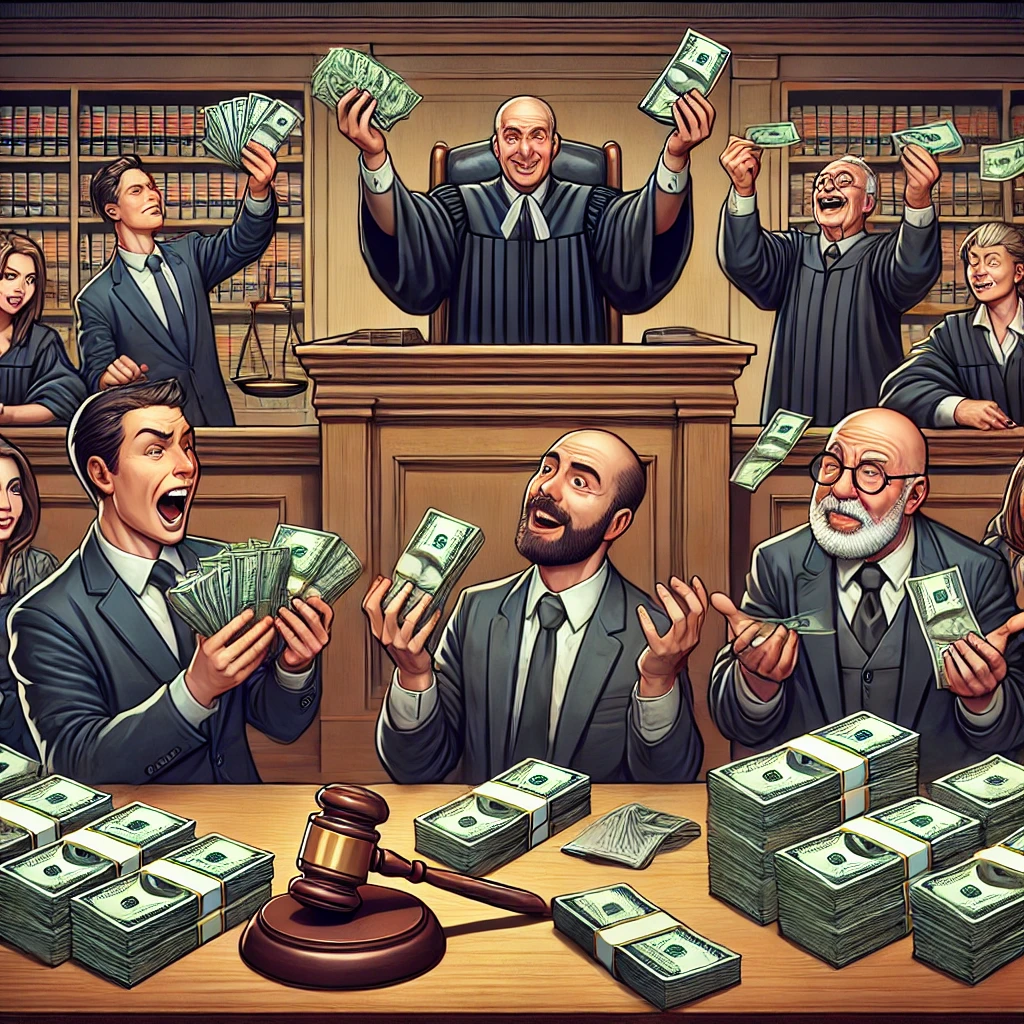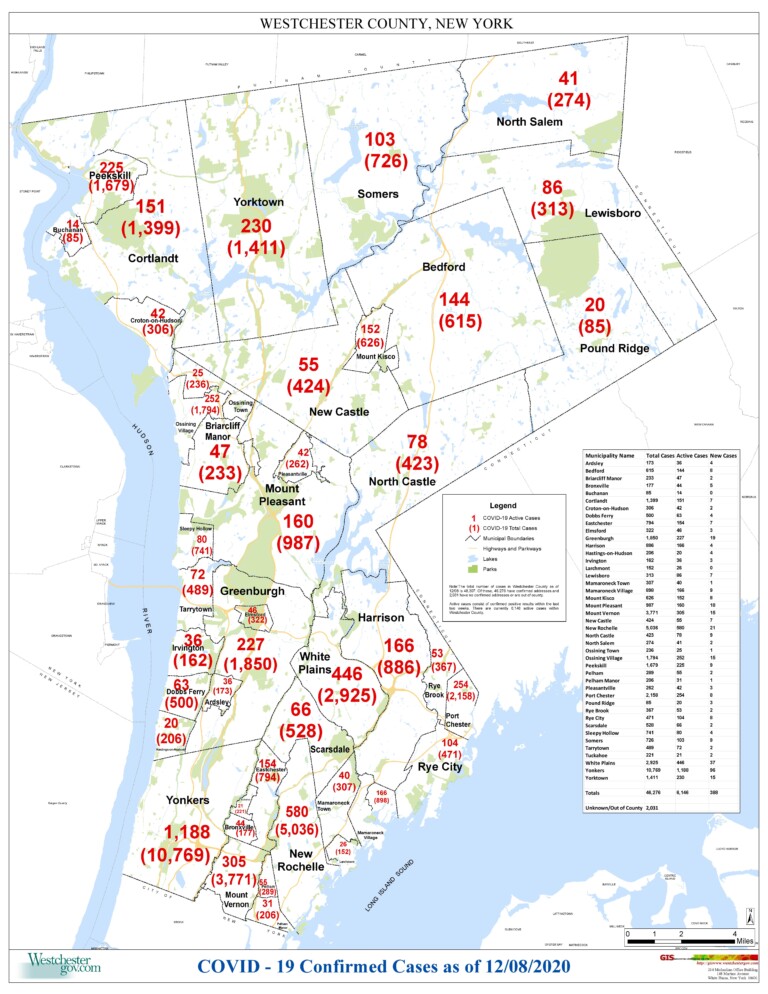Holding Court: Who Pays the Lawyers?

Holding Court is a series by retired Rye City Court Judge Joe Latwin. Latwin retired from the court in December 2022 after thirteen years of service to the City.
What topics do you want addressed by Judge Latwin? Tell us.
By Joe Latwin

The American rule, as opposed to the British rule that requires the unsuccessful litigant to pay legal expenses for both sides, represents an implicit legislative judgment regarding the allocation of legal fees. Here, attorneys’ fees are generally considered incidental to litigation, and each party is presumed responsible for his or her own attorneys’ fees unless an award is authorized by agreement, statute or court rule.
The rule is based upon the high priority accorded free access to the courts and a desire to avoid placing barriers in the way of those desiring judicial redress of wrongs. One Court said “[I]t is undesirable to discourage submission of grievances to judicial determination, and that, in providing freer and more equal access to the courts, the present system promotes democratic and libertarian principles.“.
Another Court said,
[W]e could not adopt such a rule [loser pays] without disparaging the fundamental principle that “the prevailing litigant is ordinarily not entitled to collect a reasonable attorneys’ fee from the loser… with respect to the recovery of amounts expended in the successful prosecution or defense of an action, each party is responsible for its own legal fees….
It is common for contracts, especially leases and credit card agreements, to have provisions where the successful party is entitled to recover reasonable attorneys’ fees. There are several statutes in New York that say if one party is permitted to recover attorneys’ fees if successful, then the other party to the contract has an implied right to recover attorneys’ fees if successful.
Several laws provide that the successful party may recover attorneys’ fees. These include antitrust actions and civil rights actions.
For a personal interlude. I represented (pro bono) a man charged with violating the RICO (Racketeer Influenced and Corrupt Organizations Act) law and plaintiffs’ civil rights who allegedly under cover of State law set fire to the plaintiffs’ business (a hot dog stand) and home at the request of the local mob boss and the Police Chief. The RICO law allows for trebled damages. Through modestly brilliant lawyering, I figured the hot dog stand was a cash business and the owners would not be reporting big profits. Their tax returns showed a $4,000 loss. I argued to the federal judge that since the business lost money, it suffered no damages (and in fact my client’s misdeeds actually saved them money). Not being shy, I asked the judge to award my client a judgment for the money he saved plaintiffs from losing and awarded my client the loss saved trebled – $12,000! The judge dismissed the RICO claim as damages hadn’t been established. However, the judge found my client responsible for the plaintiffs’ legal fees under the civil rights claim. That judgment was never paid since my client was in the federal witness protection program and already had millions of dollars in judgments against him related to his mob-related activities.






